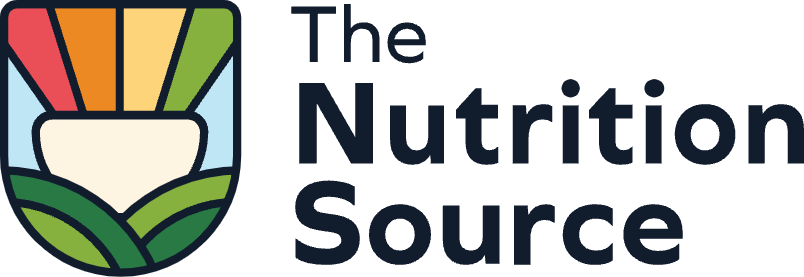 1. Use liquid vegetable oils for cooking and baking. Olive, canola, and other plant-based oils are rich in heart-healthy unsaturated fats. Try dressing up a salad or roasted vegetables with an olive oil-based vinaigrette.
1. Use liquid vegetable oils for cooking and baking. Olive, canola, and other plant-based oils are rich in heart-healthy unsaturated fats. Try dressing up a salad or roasted vegetables with an olive oil-based vinaigrette.
2. Avoid trans fat. Read labels to find foods without trans fats. You should also scan the ingredient list to make sure it does not contain partially hydrogenated oils.
In restaurants that don’t have nutrition information readily available, avoid fried foods, biscuits, and other baked goods.
Or, you may have the good fortune to be eating in a city like New York, Boston, or San Francisco, where trans fats have been banned (do keep in mind, just being trans free does not mean these are all healthy foods).
3. Eat at least one good source of omega-3 fats each day. Fatty fish (such as salmon and tuna), walnuts, and canola oil all provide omega-3 fatty acids, essential fats that our bodies cannot make.
4. Cut back on red meat and dairy foods. Try replacing red meat with beans, nuts, poultry, and fish whenever possible, and try reducing portion sizes of dairy products.

